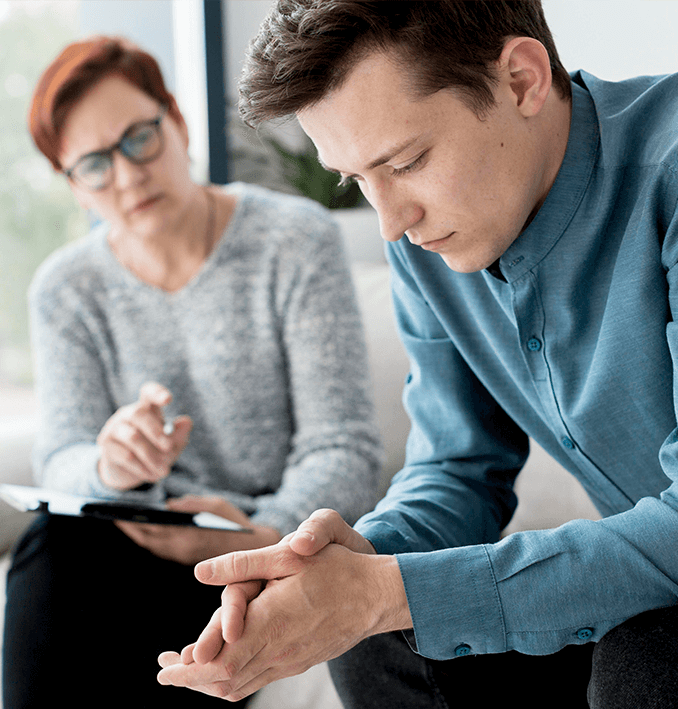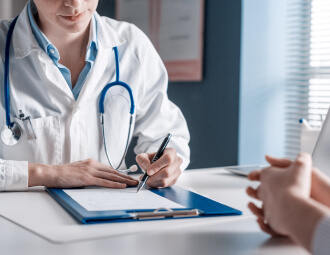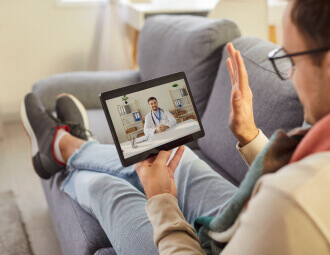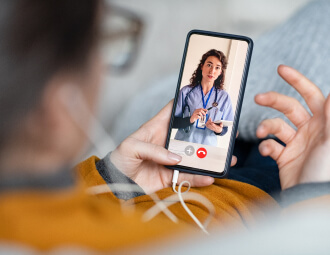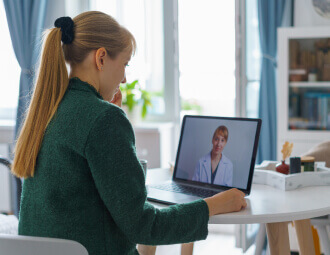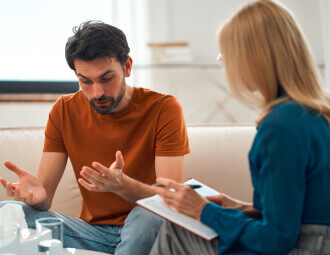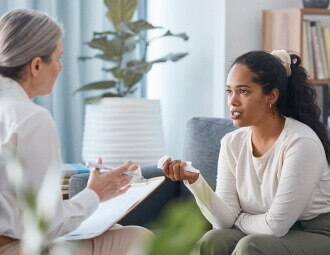Anxiety is a common mental health issue that affects millions of people worldwide. It usually causes the body to go into fight-or-flight mode and elicits symptoms like feeling tired, having trouble sleeping or concentrating, and headaches.
Different reasons can cause anxiety, from specific personality types to stressful events to educational or professional pressure, to name just a few. But sometimes, simpler causes lead to it. For example, people may experience anxiety after drinking alcohol, be it situational excessive worrying or worsened symptoms of a prolonged anxiety disorder.
Many cultures widely accept the practice of alcohol consumption. According to the National Survey on Drug Use and Health,
Why Does Alcohol Cause Anxiety?
First, it’s helpful to understand how alcohol affects the body. Typically, alcohol is a
After consumption, alcohol also activates the brain’s reward system and increases the release and uptake of dopamine, a neurotransmitter activating feelings of pleasure and relaxation. However, as the effects fade, the brain’s neurotransmitter balance gets disrupted. Eventually, one begins to experience withdrawal symptoms like anxiety, nervousness, and irritability.
Studies indicate that alcohol-induced anxiety can occur during and after drinking. Sometimes, you can experience sudden fear or panic as anxiety sets in. Alcohol can also exacerbate symptoms in people with pre-existing anxiety disorders. In other instances, anxiety becomes evident after heavy drinking as the brain tries to readjust to its normal function. Moreover, alcohol consumption can also cause physical symptoms that resemble anxiety, like sweating, trembling, and a rapid heartbeat.
Research also indicates that alcohol increases the risk of developing anxiety disorders. The Journal of Anxiety Disorders
Another study published in the Journal of Affective Disorders revealed that people with a history of alcohol dependence stand a
Notably, regular and heavy drinking makes the CNS get used to the alcohol’s depressing effect. If the alcohol levels drop, the brain gets affected, causing the body to start experiencing anxiety symptoms.
The Vicious Circle of Alcohol and Anxiety
Anxiety and alcohol can quickly create a vicious cycle if not well managed. While alcohol can contribute to anxiety symptoms, anxiety can quickly lead to alcohol abuse. It happens because people with anxiety disorders can resort to alcohol as self-medication. Many people take this approach to numb their symptoms or calm their nerves. However, it can cause a repetitive cycle as such people rely on alcohol to manage their anxiety.
There’s also a risk of becoming alcohol dependent. In this case, a person takes in more alcohol to mask anxiety and thereby develops a higher tolerance for alcohol.
Alcohol is also known to interact with medications that treat anxiety disorders. For example, the combination of
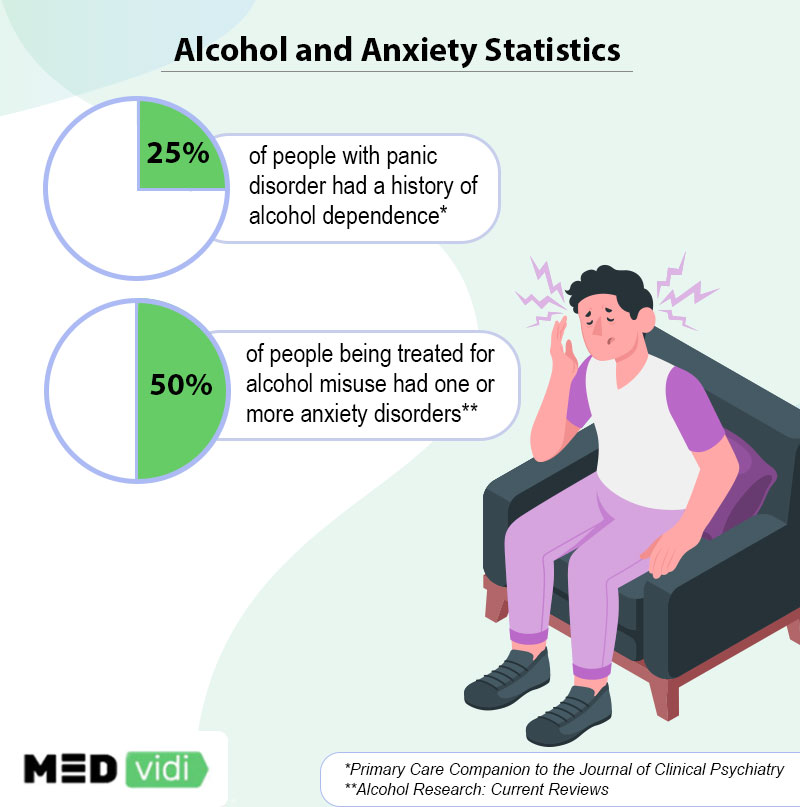
Alcohol and Panic Attacks
Panic attacks are characterized by intense anxiety and fear. Other symptoms include dizziness, lightheadedness, a racing heartbeat, or feeling faint. Alcohol consumption often contributes to panic due to its effect on GABA, a brain chemical associated with relaxation. Heavy drinking usually depletes this chemical, resulting in more tension and symptoms of panic. Cutting down on alcohol consumption can reduce the risk of panic attacks.
Can You Stop Anxiety After Drinking?
Experiencing anxiety the day after drinking alcohol is usually an uncomfortable experience. Here are essential tips on how to stop anxiety after drinking alcohol.
- Consider limiting alcohol consumption. Set limits on how much alcohol you consume to minimize anxiety symptoms. Alternatively, you could opt for non-alcoholic beverages to quench your thirst.
- Stay hydrated. Alcohol can dehydrate the body. Drinking lots of water helps minimize anxiety symptoms and is an excellent strategy when you want the body to rehydrate.
- Avoid caffeine. Caffeine can increase feelings of anxiety so it’s advised to avoid consuming caffeinated beverages. Avoiding coffee and energy drinks after alcohol can reduce the risk of aggravating anxiety symptoms.
- Practice mindfulness. Mindfulness calms the mind and reduces anxiety symptoms. People facing anxiety after drinking alcohol can focus on being present in the moment and monitor their thoughts without judgment.
- Get support. Friends, family, or mental health professionals can offer incredible support. Talking to others about these experiences helps reduce anxiety. A mental health professional can provide the tools and techniques required to manage stress and hasten the path to recovery.
Monitor Your Alcohol Consumption
Overall, alcohol consumption contributes to anxiety symptoms during and after drinking. While alcohol provides short-term relief from stress and anxiety, it can disrupt the brain’s neurotransmitter balance, causing withdrawal and physical symptoms like anxiety.
Note that long-term alcohol use increases the risk of developing anxiety disorders. Plus, alcohol can interact fatally with certain medications that treat anxiety. So, be mindful of the potential risks of alcohol consumption. If you find yourself in the vicious cycle of alcohol and anxiety, consider seeking professional help and quitting alcohol.


